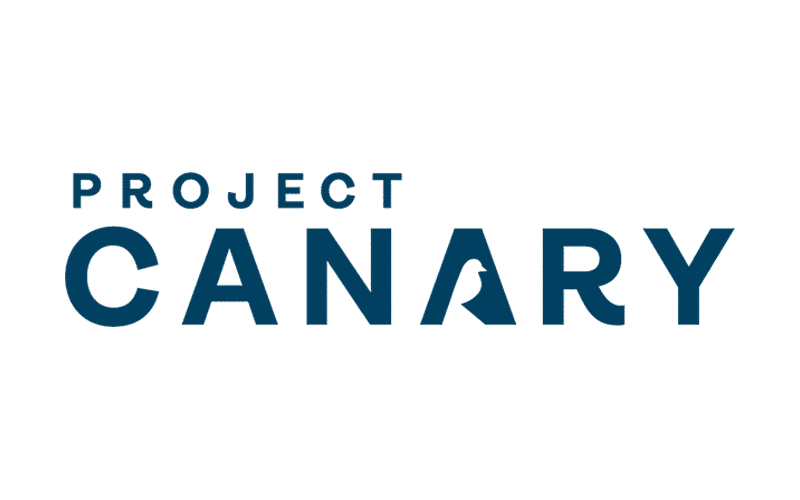A trilemma energy crisis has emerged–climate, access, reliability. The world is becoming perilously close to breaching the 1.5°C global heating limit set by international governments. A new study by the U.K. Met Office shows that the likelihood of surpassing that limit in one of the next five years is 50%. Meanwhile, Russia’s invasion of Ukraine has sent European countries scrambling to reduce their reliance on Russian gas and achieve energy security while gas prices skyrocket.
Renewable energy capacity continues to grow, but a net-zero world is still multiple decades away. We simply don’t have the capacity now, and we must upgrade our grids with an expansion of transmission infrastructure to integrate increased renewable energy. In fact, the International Energy Agency says it will take a 50% rise in global grid spending over the next decade to meet long-term sustainability goals.
It’s clear we will need “bridge fuels” so that we can reduce emissions in the short term and transition gradually and realistically towards a zero-carbon future. Some think of it as an energy portfolio to support our collective goals of progress, lifestyles, and our planet. With Europe now in the midst of a race to wean itself off Russian gas, responsibly sourced gas, particularly independently certified low-emissions LNG from the U.S., offers a low-carbon and timely solution.
Encouragingly, new infrastructure is quickly being put in place in Europe to increase the volume of LNG imported significantly. Germany, France, and Italy have all indicated they will rent or acquire special floating storage and regasification terminals to increase import capacity. Some of the terminals will be operational before the end of the year.
On the supply side, U.S. LNG export capacity has grown rapidly in the past five years. In March, U.S. LNG exports averaged an all-time peak of 11.9 billion cubic feet per day. And with the addition of two more facilities before the end of the year, the U.S. will have the world’s largest LNG export capacity, peaking at an estimated 13.9 bcf/d.
Meanwhile, in March, President Biden announced that the U.S. would work with international partners to supply at least an additional 15bcm of LNG to the E.U. in 2022, with that number expected to grow in the coming years. Last year, U.S. LNG exports to the E.U. reached a record of more than 22bcm and have continued to increase in 2022.
The case for certified LNG
Indeed, U.S. LNG exports look set to play an integral part in securing energy security for Europe. The E.U. initially attempted to purchase U.S. LNG long before the government blocked it deeming it not “clean” enough. Now countries recognize the need for natural gas to improve the global energy transition. To progress in the low-carbon transition, we must validate that U.S. LNG, comprised of verified responsibly sourced gas molecules, really does reduce emissions as compared to Russian gas.
To do this, we’ve developed a robust third-party certification to verify that natural gas producers are utilizing the highest standards and practices in all phases of their operations. The Project Canary certification program includes a review of policies, plans, execution, and onsite verification. It evaluates management systems, preventative controls, surveillance, and response aspects, and more than 600 different engineering and operational elements are analyzed, including 12 categories of continuous monitoring.
Our high-fidelity sensors look at < 1 ppm level of emissions and can now accurately detect on-pad, off-pad, and intermittent “minor” emissions. With this level of granularity, Project Canary’s continuous emissions monitoring devices can accurately predict total site emissions and validate the sustainable credentials of responsibly sourced gas. We know our certification program is credible and transparent because we’ve spent over five years building, testing, and refining it.
By developing technology ecosystems that connect IoT devices in exploration and production basins across the U.S. that report to a SaaS dashboard every 60 seconds, we provide companies with the real-time data they need to push the bar higher on certified gas.
And breakthroughs are occurring. We are currently working on a pilot project for monitoring, reporting, and independent third-party measurement and certification of greenhouse gas intensity of LNG with NextDecade that will confirm each element of the natural gas value chain from the wellhead to the ship at its Rio Grande LNG facility. Through the use of carbon capture and storage, responsibly sourced gas, and net-zero electricity, NextDecade plans to reduce CO2 emissions at the facility by more than 90%.
While energy security has never been more important for governments, ESG remains top of mind for investors, lenders, customers, and even employees. That last bit is remarkably important to the energy transition — we need ESG-minded leaders to join energy companies and shepherd the next generation of gas. Banks want to see strong ESG credentials for the companies they lend to in order to prevent reputational damage. Investors want to see strong ESG performance in the businesses they invest in to prevent risks to their portfolio that could come from emerging environmental legislation. Ethical consumption is growing among consumers, increasing the demand for low-carbon products. Socially conscious employees also want to know that their employer is putting the planet first. With our rigorous certification process, companies can rest assured that they are progressing toward ESG targets with responsibly sourced gas and independently certified LNG.
There’s no way of getting around it. The global energy market is in a precarious state following Russia’s invasion of Ukraine. But a solution is emerging that protects the planet, everyone’s ways of life, and European countries’ energy security. We’ve spent the past five years working incredibly hard to advance molecule tracking to new levels. For this reason, we are confident that responsibly sourced gas and certified LNG from the U.S. can play a crucial role in filling this supply gap with a low-carbon solution.

